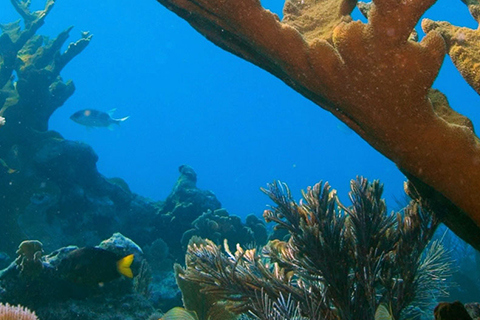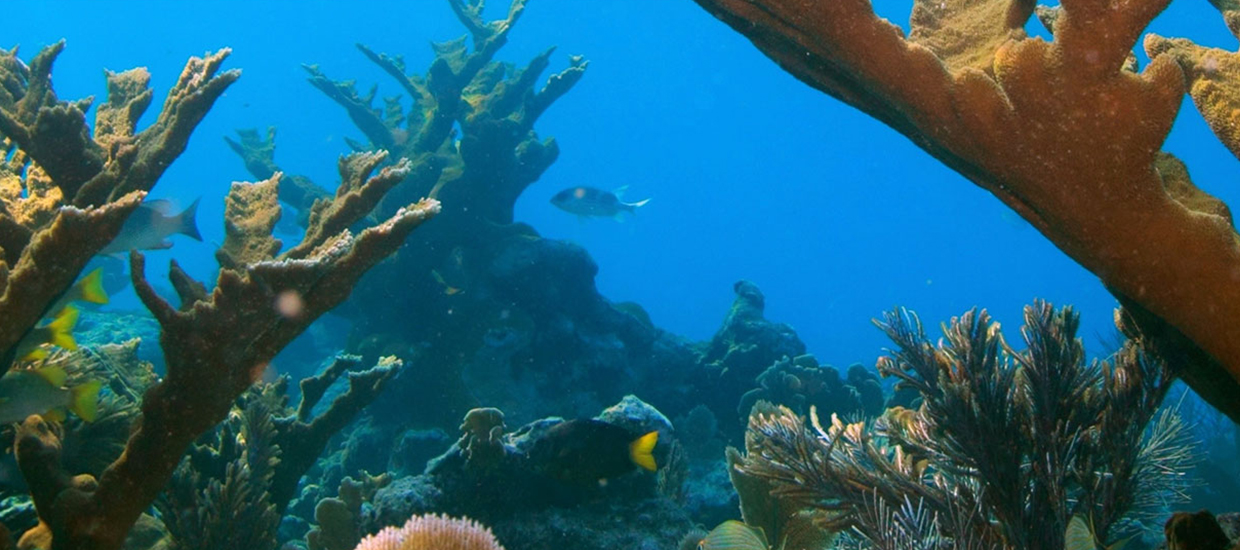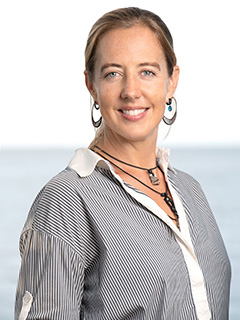Nearshore benthic ecosystems common to tropical and subtropical regions worldwide such as coral reefs, seagrasses, and mangroves are facing unprecedented threats due to climate change and human activity.
The Tropical Marine Ecosystem Management MPS track prepares students to help confront these threats with advanced training in the theoretical and practical aspects of tropical marine ecology. Students in this track receive training in field methods and techniques, Geographical Information Systems (GIS) and remote sensing of shallow water marine environments, taxonomy and identification of common marine organisms, scientific diving, and small boat handling. This degree is excellent preparation for technical positions in marine ecosystem science and management at state and federal agencies, research institutions, nonprofit organizations, and the private sector.
Prerequisites:
Bachelor’s degree in any field; one year of general biology and labs, one year of general chemistry, at least one semester of calculus, and nine credits in natural science. Research in these fields may, in some cases, substitute for coursework
Course topics:
Tropical marine ecology, statistics, environmental law, field techniques, Geographical Information System (GIS), environmental planning, population modeling
Job titles:
- Research Operations Specialist - NOAA
- Marine Scientist
- Biological Science Technician - National Park Service
- Reef Injury Prevention and Response Technician
- Maritime Industry and Coastal Construction Impacts Coordinator
- Senior Research Associate
- Restoration Program Coordinator






